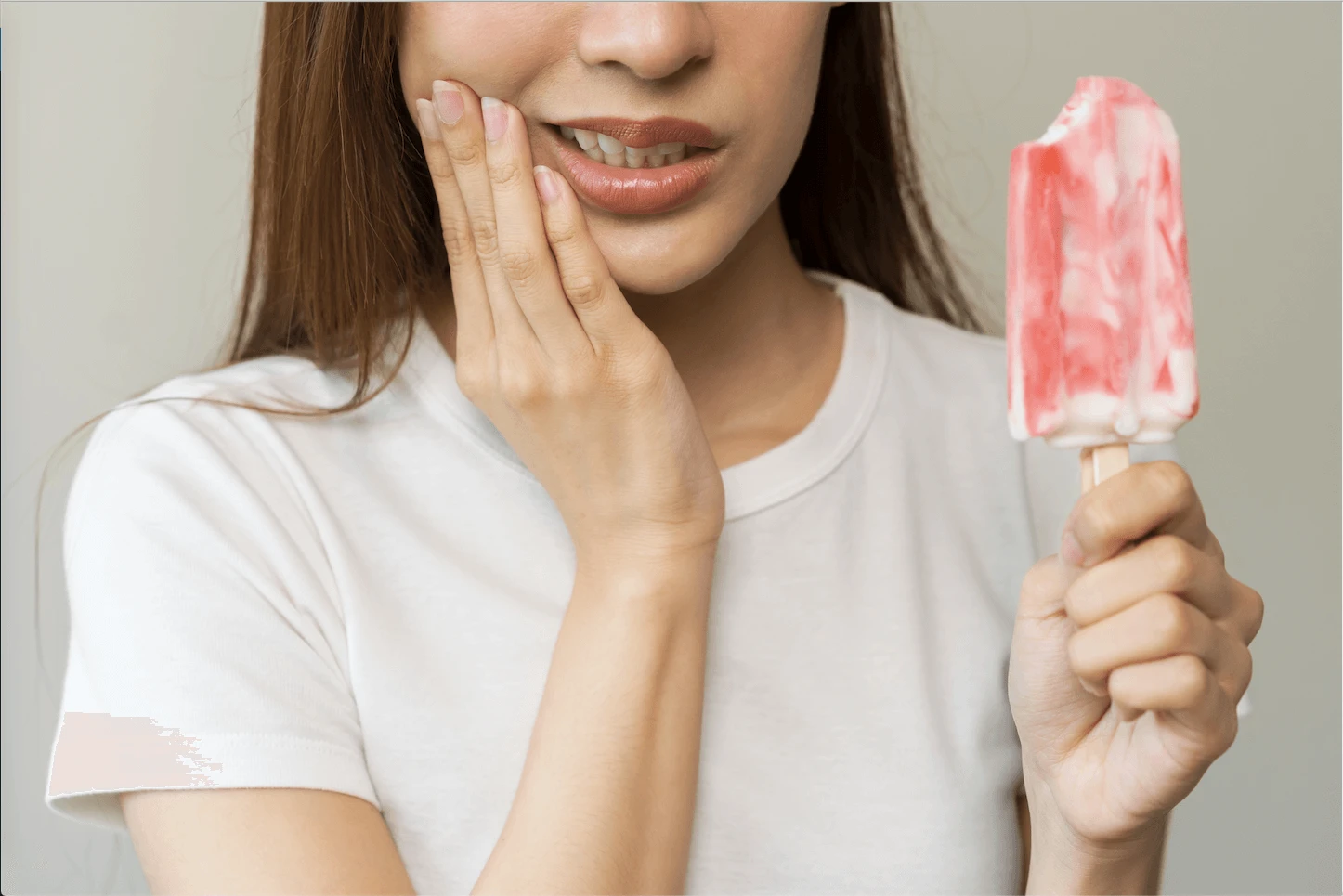Importance of Dental Hygiene in Preventing Tooth Decay:
Taking care of your teeth isn't just about having a pretty smile; it's crucial for keeping tooth decay at bay. Brushing and flossing regularly remove plaque, the sticky film of bacteria that forms on your teeth. This plaque can lead to cavities if left unchecked, so keeping it under control is key. Additionally, using fluoride toothpaste strengthens your enamel, making it more resistant to decay.
Tips for Maintaining Strong, Healthy Teeth:
First off, make sure you're brushing your teeth twice a day for at least two minutes each time. Use a fluoride toothpaste and a soft-bristled brush to gently clean all surfaces of your teeth.
Secondly, don't forget to floss daily to remove plaque and food particles from between your teeth.
Lastly, consider using mouthwash to further reduce bacteria and freshen your breath, but don't rely on it as a substitute for brushing and flossing.
Common Causes of Tooth Decay and How to Avoid Them:
Sugary and acidic foods and drinks can wreak havoc on your teeth by feeding bacteria and eroding enamel. Limit your consumption of these items, and if you do indulge, rinse your mouth with water afterward. Poor oral hygiene is another culprit, so be diligent about brushing, flossing, and visiting your dentist regularly. Lastly, dry mouth can increase your risk of decay, so stay hydrated and consider using sugar-free gum or lozenges to stimulate saliva production.
The Roles of Diet in Preventing Cavities:
- Opt for nutritious foods like fruits, vegetables, and dairy products that provide essential vitamins and minerals for strong teeth.
- Limit sugary snacks and beverages, which can fuel bacteria and lead to decay.
- Additionally, drinking plenty of water helps wash away food particles and keeps your mouth hydrated, reducing your risk of cavities.
Importance of Regular Dental Check-ups in Preventing Decay:
Regular dental check-ups are essential for catching any potential issues early and preventing decay. Your dentist can identify signs of decay, gum disease, or other problems that you might not notice on your own. Professional cleanings remove built-up plaque and tartar, reducing your risk of developing cavities. Plus, your dentist can provide personalized advice on improving your oral hygiene routine and dietary habits.
Effective Techniques for Brushing and Flossing to Prevent Decay:
1. Hold your toothbrush at a 45-degree angle to your gums and brush in circular motions.
2. Brush all surfaces of your teeth, including the fronts, backs, and chewing surfaces.
3. Don't forget to brush your tongue to remove bacteria and freshen your breath.
4. When flossing, use a gentle back-and-forth motion to clean between teeth.
5. Curve the floss around each tooth in a C shape to ensure thorough cleaning.
6. Use a new section of floss for each tooth to avoid spreading bacteria.
7. Consider using interdental brushes or water flossers for added cleaning between teeth.
8. Don't rush—take your time to ensure you're cleaning your teeth effectively.



